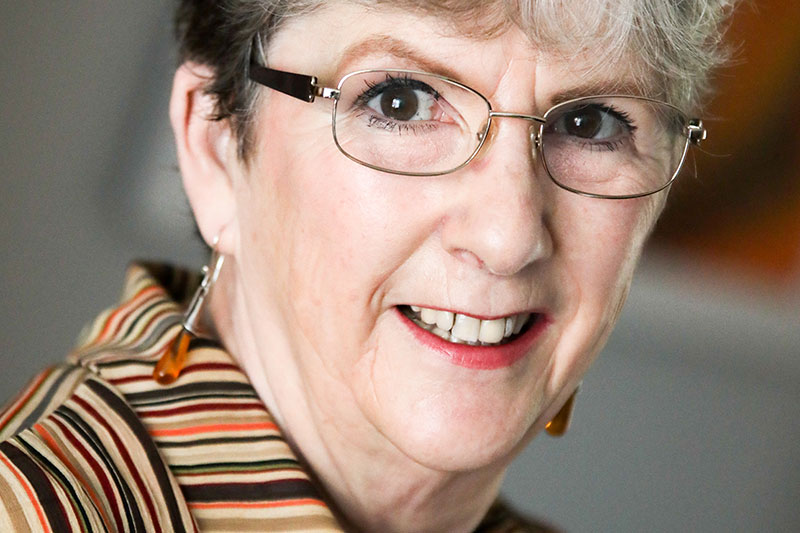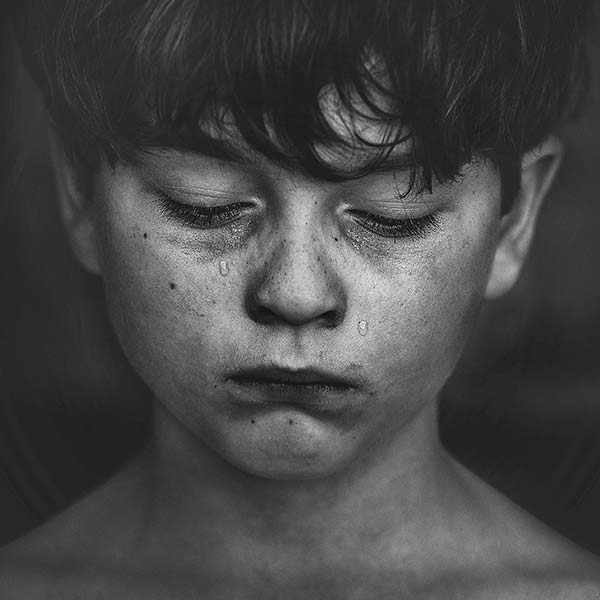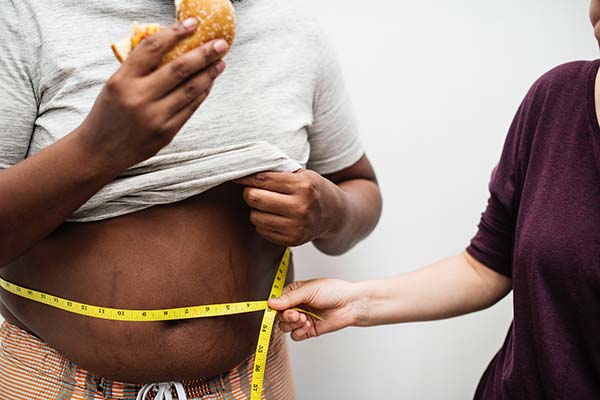Did Childhood Abuse Make You Overweight?

With the emergence of the Harvey Weinstein debacle and the sexual harassment #metoo hashtag spreading like wildfire across social media, the world is once again reminded that children, women, and men, risk falling prey to sexual predators every day.
At the same time, obesity and weight gain is being referred to as a ‘modern epidemic.’ But could the two be linked? This article talks about the link between childhood abuse and weight gain.
Childhood Trauma and Health
Victims of childhood abuse, sexual, mental, or physical are unfortunately not hard to come by. They are your cousins, neighbours and family friends. And they are everywhere.
But did you know that children who have experienced sexual or physical abuse, trauma, divorce, neglect or a parent with mental or substance disorders, are more likely to suffer from ill health plus behavioural and social problems?
The link between Adverse Childhood Experiences (known as ACEs) and the likelihood of these myriad issues manifesting later in life, was first discovered in the mid-90s in a research study conducted by American health maintenance organisation Kaiser Permanente and the Centers for Disease Control and Prevention.

Childhood Trauma and Weight Gain
In the 1980s, Kaiser Permanente’s California obesity clinic had a dropout rate of 50% despite all participants losing weight under the programme. When people who had left the clinic were interviewed, it was found that none of these individuals were born overweight. And more importantly, a vast majority of the almost 300 people studied had experienced childhood sexual abuse. The findings suggested that overeating could be a symptom or coping mechanism for the depression, fear and anxiety caused by abuse. This study researched individuals with the following types of childhood trauma:- Sexual abuse
- Physical abuse
- Emotional abuse
- Emotional neglect
- Physical neglect
- Violence against their mother
- Household substance abuse
- Household mental illness
- Parental separation or divorce
- Incarcerated household member

Are You Overeating Because of Childhood Trauma?
Examining the link between childhood trauma and overeating requires us to approach weight issues from a different angle.
- Were you born at a normal weight?
- Did a childhood trauma trigger a massive weight gain?
- Did your weight then stabilise?
If you began eating as a way of comforting yourself; as a solution to your unhappiness and stress; or to make yourself seem undesirable to potential predators; then all the information in the world about the negative health implications of obesity aren’t going to change the way you eat.
Change needs to start with recovering from the trauma as well as the way you react to stress. You should start by exploring the relationship you have with food. You will also need tto address the associations you have with food in order to stop turning to food as the answer to your problems and the comfort to your unhappiness.
The health implications that come with being overweight due to adverse childhood experiences can’t be tackled with will-power, diet and exercise. They must be tackled by dealing with the trauma directly.
If this article has resonated with you, look out for part 2 (coming soon.) This will tackle how weight loss can be achieved through Rapid Transformational Hypnotherapy. But if you’d like to get to the heart of your weight gain today, you can get in touch with me. Book a FREE discovery session with me to find out how I can help you with any of the issues discussed in this article.
Please talk to me
If you still have any questions, or are interested in embarking on a holistic therapy journey with me, contact me today to book a FREE discovery session.
